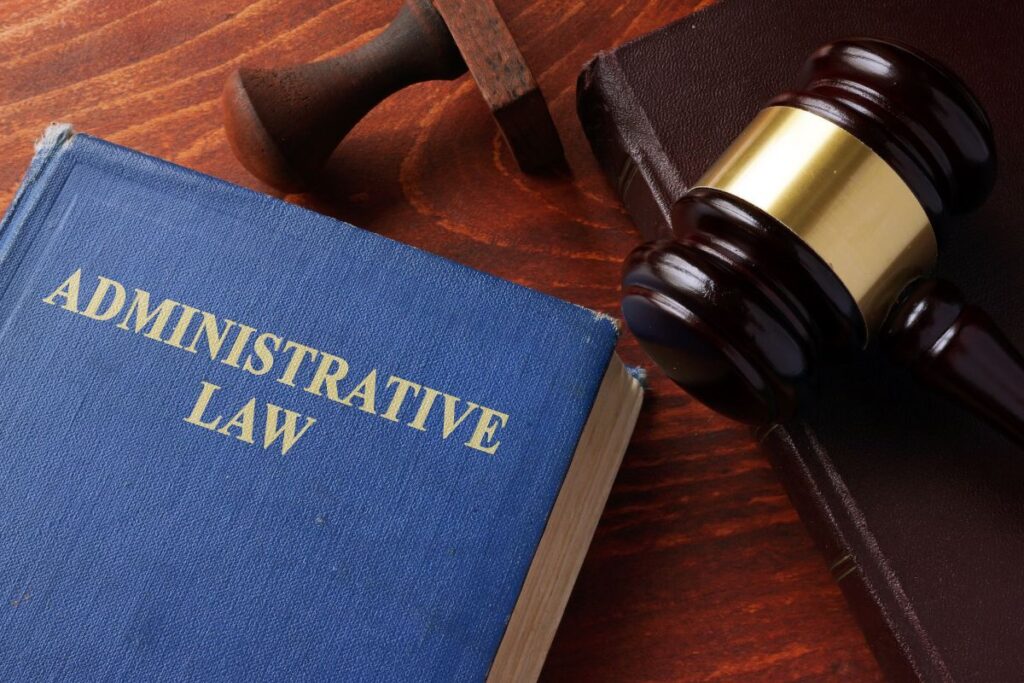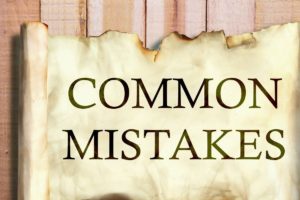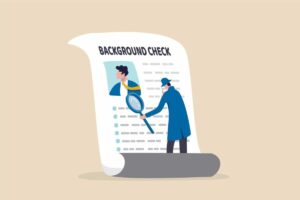The rules and laws that relate to professional disciplinary proceedings can be complex. Contested disciplinary proceedings often progress to an administrative hearing if you cannot resolve the complaint informally. Attending a hearing before an administrative law judge requires knowledge of the unique rules that apply to these administrative disciplinary proceedings. As a result, you may need to contact a Texas professional license defense lawyer for assistance if you receive notice of a complaint against your license.
The State Office of Administrative Hearings
The State Office of Administrative Hearings (SOAH) is a separate and independent state agency that resolves disputes between Texas agencies, other government agencies, and public citizens. In professional and occupational disciplinary proceedings, cases often go to SOAH when agencies and licensees cannot informally resolve these proceedings with licensees through informal settlement conferences or agreed orders. The licensing agency can request that a case go to SOAH, or the licensee can request a hearing before SOAH if they disagree with the agency’s proposed resolution.
When SOAH receives a disciplinary case against a professional or occupational licensee, an administrative law judge (ALJ) is assigned to conduct an administrative hearing. Unless the parties can resolve the case through alternative dispute resolution or another informal means, the case will proceed to a contested hearing before the ALJ.
The Rule of the ALJ
ALJs are neutral decision-makers who do not answer to state agencies. They are under the authority of the Chief Administrative Law Judge, whom the Governor appoints. All ALJs are licensed Texas attorneys who direct and control the course of a case that has been transferred to SOAH for an administrative hearing.
Before a case goes to a hearing, the ALJ can hold conferences with the parties and their attorneys and set deadlines for exchanging discovery or evidence, much like in regular civil court cases. The ALJ also can hold hearings and make decisions on pre-trial motions filed by the parties on matters related to the admission of evidence.
Once the hearing begins, the ALJ hears evidence from both sides, including witness testimony and submission of documentary evidence. The ALJ also listens to the legal arguments made by both sides. Then, in most cases, the ALJ makes findings of fact and conclusions of law and issues a Proposal for Decision (PFD) to the governing board of the referring agency. Typically, the ALJ issues the PFD within 60 days of the hearing, although that timeframe may be shorter or longer, depending on the circumstances. However, in some cases, the ALJ makes Decisions and Orders after hearings.
The parties then can file exceptions to the ALJ’s PFD within 15 days to point out what they perceive as errors in the PFD. The other party then has 15 days to file a reply to any filed exception. Finally, if the ALJ issues a Decision and Order rather than a PFD, the parties can file requests for rehearing.
In most cases, the governing board of the referring state agency will decide the case’s outcome by accepting, rejecting, or amending the ALJ’s PFD. However, this is not the case if the ALJ issues a final Decision and Order.
Rules and Laws that the ALJ Uses in an Administrative Hearing
The Texas Rules of Evidence generally apply in administrative hearings. These rules determine what evidence you can present to the court and how you must present it.
SOAH also has specific Rules of Procedure that apply to their administrative hearings. The procedural rules outline how a case progresses through the administrative hearing process.
Your profession or occupation also has rules and laws that specifically apply to it. The ALJ also uses these rules and laws, which generally are found in the Texas Administrative Code and the Texas Occupations Code, to determine the outcome of each case.
Click to contact our professional license defense lawyers today
Get Help Defending Your Professional License Today
A complaint can significantly affect your career and your ability to support yourself. Disciplinary action against you may result in the suspension or revocation of your license. However, you may avoid these damaging consequences with the proper defense from the outset of your case. Contact the license defense attorneys at Bertolino LLP so that we can investigate your case. You can call our office at (512) 515-9518 or visit us online to get more information about the services we can offer you.
Call or text (512) 476-5757 or complete a Case Evaluation form






